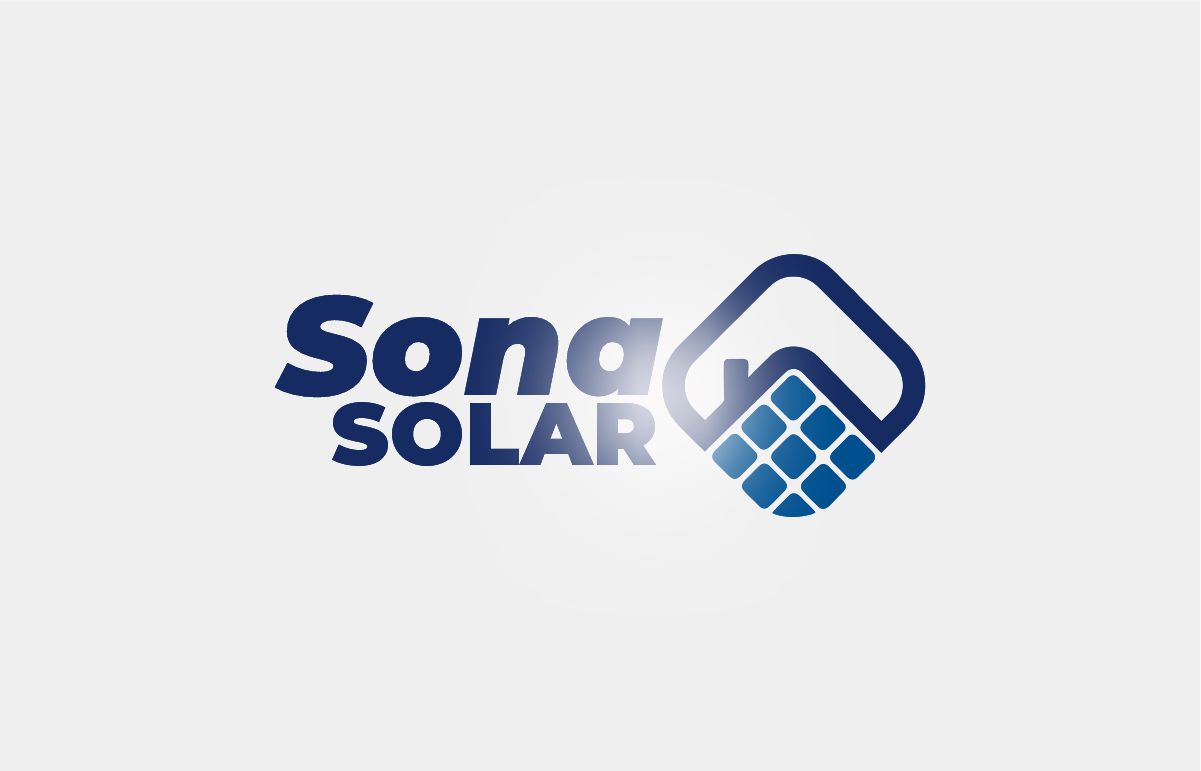For homeowners seeking to harness the power of the sun, navigating the technical specifications of solar systems can be a daunting task.
kW: Unveiling Real Power Output
Kilowatts (kW) represent a unit of real power, quantifying the usable electrical energy a system can generate or consume instantaneously. In essence, kW reflects the raw power generation capability of your solar setup. For solar panels and inverters, the kW rating directly translates to the system's maximum power output in watts.Consider a 5 kW solar panel system. This system boasts the ability to produce 5,000 watts of electricity under ideal conditions, sufficient to power essential appliances, lighting, and electronics within your home.
Here's a breakdown of key points regarding kW ratings:
- Focus on Output: kW solely emphasizes the system's power production, excluding factors like voltage or efficiency.
- Disregards Losses: Voltage drops and inefficiencies are not factored into a kW rating. The actual usable power may be slightly lower.
- Power Output Example: A 5 kW solar panel array guarantees a maximum output of 5,000 watts under optimal conditions.
kVA: Unveiling the Bigger Picture
Kilovolt-amperes (kVA) represent apparent power, encompassing both active power (kW) and reactive power. Reactive power doesn't directly contribute to usable work but is essential for maintaining voltage stability in AC systems like those found in homes..jpg) |
| Understanding kW vs. kVA - Selecting the Optimal Solar Power System for Your Residence |
- Example: A 5 kVA inverter might be capable of handling 4 kW of real power (usable output) and 1 kVA of reactive power to maintain voltage stability.
Why is this important?
Understanding kVA ensures your inverter can handle the demands of your system without overloading. Imagine a powerful engine (kW) needing sufficient electrical wires (kVA) to function optimally.Selecting a kW System: Key Considerations
- Power Output: This directly translates to the amount of usable electricity your system can generate.
- System Capacity: This refers to the overall power production potential of your solar setup, considering the number and wattage of panels.
- System Design: The layout and components used, including panels, inverters, and wiring, can impact efficiency.
- Beyond kW: Evaluating Your Solar Power System for Optimal Performance
A kW rating provides a valuable starting point, but for a complete picture, consider these additional factors:
- System Size: The total kW capacity of your system should align with your energy consumption needs.
- System Efficiency: Efficiency losses can slightly reduce your actual power output.
- System Performance: Real-world factors like shading, temperature, and weather can influence your system's performance.
By understanding kW and kVA, along with these additional considerations, you are empowered to make informed decisions when choosing a solar power system. Sona Solar Zimbabwe's team of experts is here to assist you. We'll navigate the technical aspects and design a customized solar solution that perfectly matches your home's energy needs, ensuring your transition to clean, sustainable energy is seamless and successful.
Common Questions and Popular Searches
Explore Answers To Frequent Questions And Discover Resources For Your Solar Journey:
1kVA Inverter Load Guide
Load guide for small households.
2kVA System Load Capacity
Powering essentials in medium homes.
3kVA System Panel Count
Understand solar array sizing.
3kVA Inverter Load Guide
Appliance guide for a typical household.
Best 3kVA Inverter Brand
Compare reliability and warranties.
3kVA Appliance Load Guide
Understand simultaneous load capacity.
3kVA Powering Motor Loads
Guidance on handling motor loads.
Choosing the Right Inverter
Matching inverters to your specific load.
Match Panels to Inverter
Tips for optimal system performance.
3.5kVA Inverter Load Guide
Explore residential setup capabilities.
Best Solar Panels Zimbabwe
Analysis of performance and durability.
Solar Companies Zimbabwe
Customer service and reliability.
Best Solar Panel Brands
Guide for home and business solutions.
Solar Installers Zimbabwe
Professional and certified installers.
3kVA System Cost Guide
Get pricing information for Zimbabwe.
5kVA System Cost Guide
Budget requirements for systems.
Contact Our Sales Team:

Sona Solar Zimbabwe
Address:
7 Frank Johnson Avenue, Eastlea, Harare, Zimbabwe.
Call/WhatsApp:
Sales:
+263 78 293 3586
Sales:
+263 78 922 2847
Operations:
+263 78 864 2437
Email:
sonasolarzw@gmail.com
Website:
www.sonasolar.co.zw

Borehole Experts Zimbabwe
Address:
7 Frank Johnson Avenue, Eastlea, Harare, Zimbabwe.
Call/WhatsApp:
Sales:
+263 77 389 8979
Sales:
+263 71 500 3777
Operations:
+263 71 918 7878
Email:
boreholeexpertszw@gmail.com
Website:
www.boreholeexperts.co.zw

Follow Our Social Media Icons
TikTok Pinterest YouTube Telegram WhatsApp